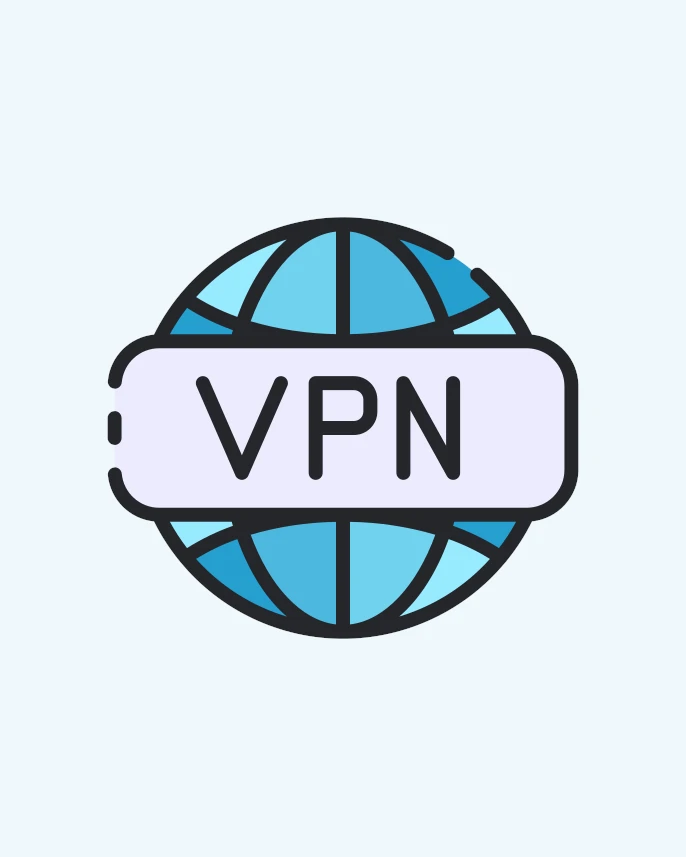In today’s fast-paced world, securing your online presence is essential. Virtual Private Network, commonly known as VPN, stands as a guardian for internet users. But what exactly is a Virtual Private Network? Simply put, it’s a service that shields your internet connection through encryption. Moreover, it masks your IP address, ensuring anonymous browsing. As we delve deeper into this topic, you’ll find out how invaluable VPNs are for both individuals and businesses.
How Virtual Private Networks Function
First and foremost, let’s break down how a Virtual Private Network operates. When you connect to a VPN, it creates an encrypted tunnel between your device and a remote server operated by the VPN service. Consequently, all your internet traffic flows through this secure tunnel. This setup ensures that nobody, not even your ISP, can snoop on your online activities. Additionally, your IP address appears as the VPN server’s address. In turn, this conceals your actual location.
For instance, imagine you’re in Paris and connect to a server in New York via your VPN. To any observer, it appears as if you’re accessing the internet from New York. Fascinating, isn’t it?
Advantages for Individuals
Next, let’s focus on how VPNs benefit individuals. Firstly, they are a boon for privacy-conscious users. Since your IP address is masked, you can surf the web anonymously. Additionally, VPNs are perfect for accessing geo-restricted content. For example, if a particular video is only accessible in the US, non-US residents can still view it by connecting to a US server through their VPN.
Furthermore, VPNs are indispensable when using public Wi-Fi. These networks are often unsecured, making them a breeding ground for hackers. By using a VPN, your data remains encrypted and out of the clutches of any prying eyes.
Benefits for Businesses
Transitioning to the corporate realm, the importance of VPNs is even more pronounced. Businesses deal with sensitive data daily. So, employing a Virtual Private Network is a wise decision. Firstly, VPNs allow employees to access the company network remotely. This is especially beneficial for companies with a distributed workforce.
Moreover, data security is paramount for any business. A VPN ensures that any data transmitted is encrypted, minimizing the risk of data breaches. For instance, a company dealing with client information can use VPNs to ensure that the data is only accessible to authorized personnel.
Choosing the Right VPN
Lastly, selecting the right VPN is crucial. There are countless options available, so how do you choose? Firstly, consider the security features. Opt for a VPN with strong encryption and a no-logs policy. Secondly, check the server locations. More server options mean more flexibility in masking your location.
Moreover, it’s wise to look at the speed. A VPN that drastically slows down your connection might not be ideal. Lastly, consider the price. While free VPNs are tempting, they often come with limitations and might not be the most secure.
Conclusion
In summary, a Virtual Private Network is an indispensable tool in safeguarding your online activities. Whether you’re an individual looking to bypass geo-restrictions or a business aiming to protect sensitive data, VPNs cater to a plethora of needs. So, why not invest in a VPN and embark on a secure and unrestricted internet journey? Remember, your online security is in your hands, and taking proactive steps is always commendable.
Discover more about technology at our TechBuzz.
